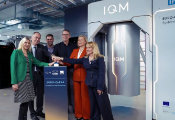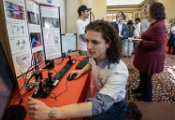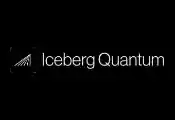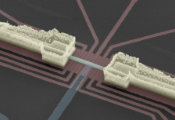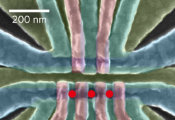Expansion of Jülich’s Quantum Computer Infrastructure
18 March 2024 -- Forschungszentrum Jülich is getting another quantum computer. The Jülich Supercomputing Centre (JSC) has acquired a 5-qubit quantum system from the German–Finnish manufacturer IQM Quantum Computers. The IQM Spark quantum computer is scheduled to go into operation in July 2024 as part of Jülich’s JUNIQ quantum computing infrastructure and will be connected to JSC’s classical supercomputers. This gives researchers the opportunity to investigate how calculations on classical supercomputers can be accelerated by quantum computers.
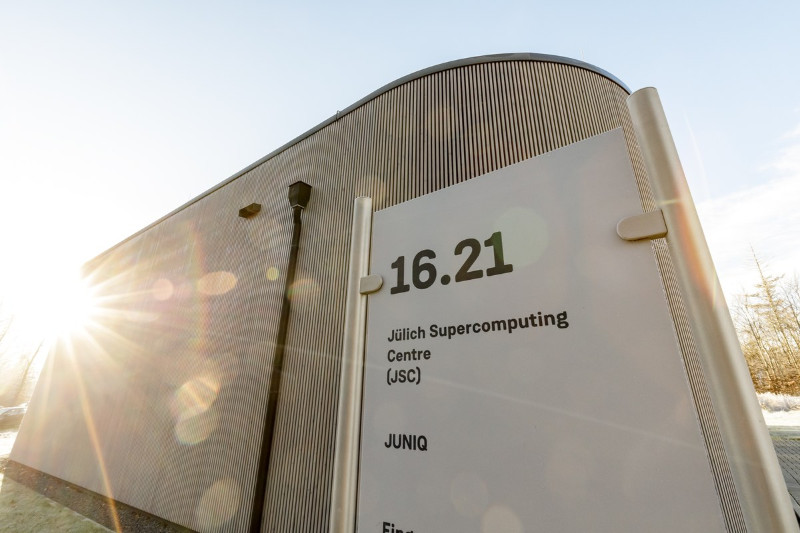
Quantum computers have the potential to solve certain tasks much faster than is possible with classical computers. This applies to optimization problems in the transport and financial sectors, for example, or the simulation of chemical reactions and molecules. However, the technology is still at an early stage of development.
The basic version of the “IQM Spark” costs less than € 1 million and was developed especially for basic experiments and for applications in teaching at universities and research institutes. Quantum bits, or qubits for short, are generated using superconducting electronic resonant circuits. These must be cooled to temperatures close to absolute zero (−273.15 °C) to ensure that the sensitive quantum properties are not lost.
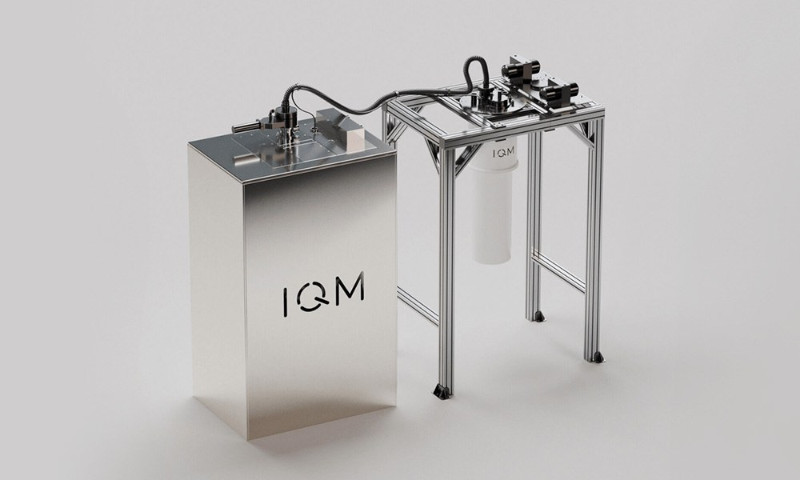
The new system will be operated as part of the Jülich quantum computing infrastructure JUNIQ. Through this platform, JSC is providing science and industry in Germany and Europe with access to state-of-the-art quantum computers. IQM’s Spark system has numerous expansion and connection possibilities, making it a perfect fit for Jülich’s JUNIQ concept. The aim of the concept is to operate quantum computers in conjunction with classical supercomputers and to integrate them into the modular high-performance computing environment in the form of quantum–classical hybrid computing systems.
Comments on the new quantum computer
“The most advanced quantum algorithms, which are used, for example, to solve optimization problems, require a close coupling of quantum computers and classical supercomputers. The IQM pilot system makes it possible to integrate a freely programmable, gate-based quantum computer into the modular Jülich supercomputing infrastructure at a very early stage in order to gain groundbreaking experience in hybrid quantum computing,” explains Prof. Kristel Michielsen, head of the Jülich quantum computing infrastructure JUNIQ and the Quantum Information Processing research group at the Jülich Supercomputing Centre (JSC).
“JSC deploying our system to their premises is pivotal in our journey as we continue to drive large-scale commercial quantum adoption for businesses, academia, and research institutions worldwide. With our outstanding technical capabilities, we are excited to work closely with JSC in its goal of establishing a leading development and user community from industry and science for quantum computing applications across Germany and Europe,” said Mikko Välimäki, Co-CEO of IQM Quantum Computers.
The Business Development Manager at IQM, Ulrich Meier, added that: “We will provide technical support to JSC, and we are confident that our system will deepen research in Germany.”
IQM has deployed on-premises systems to some universities and research institutions, including the Leibniz Supercomputing Centre in Germany and the VTT Technical Research Centre in Finland.



